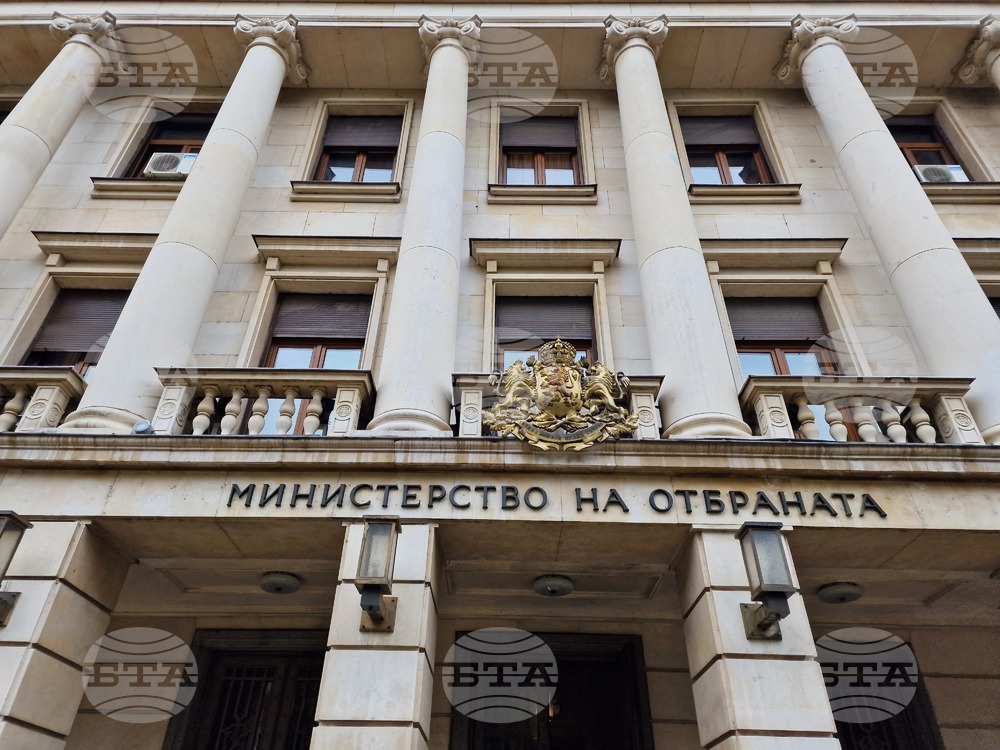site.btaEU Defence Ministers Discuss Bolstered Military Support for Ukraine in Warsaw


Defence ministers from EU member states gathered on April 3 for an informal meeting in Warsaw to discuss the most pressing topics on the EU defence agenda, the Ministry of Defence press service said on Thursday.
The discussions started with the topic of boosting the Union's military aid to Ukraine. The main point was an initiative by High Representative for Foreign Affairs and Security Policy Kaja Kallas to supply Ukraine with two million large-calibre munitions valued at EUR 5 billion by the end of 2025. The talks also explored ways to bolster cooperation between the European and Ukrainian defence industries, along with collaboration with NATO and other partners.
Deputy Defence Minister Radostin Iliev confirmed Bulgaria’s commitment to the EU’s collective efforts to assist Ukraine. He called for a more flexible approach to increasing military support for Ukraine, based on voluntary engagement by member states and not tied to gross national income. Bulgaria has so far provided ten tranches of military-technical assistance to Ukraine, and its reserves are nearly depleted. In this context, Iliev noted the need to explore additional support options for Ukraine through the High Representative’s initiative or other means, and to unlock financial resources from the European Peace Facility approved in support of Ukraine’s Armed Forces.
Bulgaria underscored the importance of the European Defence Industry Programme and called for its prompt adoption, as it is anticipated to bolster the European industry, promote joint acquisition of defence capabilities, and improve industrial cooperation with Ukraine. The EU Military Mission's role in supporting Ukraine was deemed vital for the country's future security assurances.
The recommendations in the recently released White Paper on European Defence – Readiness 2030 and the Rearm Europe Plan by the President of the European Commission have sparked considerable debate, especially concerning their implementation by member states.
Defence ministers welcomed the White Paper and valued its ambition to connect the procurement of critical capabilities, the development of industrial capacity, and the identification of funding options for defence projects with measures and actions to tackle the increasing challenges in the current geopolitical environment. The EU's Readiness Strategy and Internal Security Strategy, together with the White Paper, strive for a unified and effective strategic response to security threats in the coming years.
Bulgaria welcomed the establishment of new opportunities with the adoption of a Regulation for a debt instrument aimed at improving security in Europe. This will allow member states to receive loans of up to EUR 150 billion for the defence sector, supported by the EU budget, and can also be used to provide military aid to Ukraine.
Bulgaria backed the European Commission's proposal to activate the derogation clause in the Stability and Growth Pact, enabling countries to increase their defence spending.
The White Paper’s proposal to simplify and harmonize the regulatory framework for joint acquisition and cooperation within the EU by the end of June 2025 is seen as a key factor for unleashing the full potential of the European defence industry.
Cooperation and complementarity with NATO continue to be a priority for member states to maintain security in Europe.
Immediately following the forum, the Bulgarian delegation met with Poland's Ministry of National Defence Secretary of State Pawel Zalewski, for a bilateral meeting. The talks centred on improving cooperation between the two nations, according to the statement.
In March 2025, the European Commission unveiled a White Paper on European Defence – Readiness 2030, along with the ReArm Europe Plan, aiming to mobilize up to EUR 800 billion for defence investments. On April 2, 2025, Bulgarian MEPs shared their views on this initiative during interviews in Strasbourg, emphasizing the need for greater defence spending and highlighting the potential benefits for Bulgaria’s own military industry. The ReArm Europe Plan proposes repurposing unspent EU funds and loosening strict budget rules to help member states enhance their defence capabilities. Bulgarian MEPs underscored the importance of modernizing local factories to meet NATO standards, ensuring that a share of EU financing supports domestic production. They also noted that closer cooperation within Europe’s defence industry could reduce reliance on imports and bolster security throughout the Union.
/RY/
news.modal.header
news.modal.text